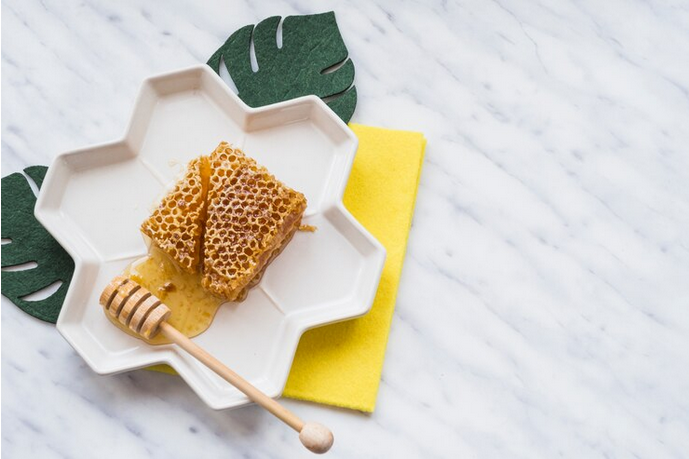Beeswax, a natural substance secreted by honey bees, has been utilized by humans for centuries due to its versatile properties. Among the various types of beeswax, organic white beeswax stands out as a pure and unadulterated form with numerous applications. This article delves into the intricacies of organic white beeswax, exploring its origins, unique qualities, and diverse uses.
The Origins of Organic White Beeswax
Organic white beeswax is derived from the honeycomb of honey bees, Apis mellifera. These bees collect nectar from flowers and convert it into honey, storing it in hexagonal cells within their hives. Beekeepers carefully harvest the honey, leaving behind the honeycomb. To obtain beeswax, the honeycomb undergoes a meticulous process of purification and filtering.
The "organic" label is attributed to beeswax sourced from beekeepers who follow organic beekeeping practices. This involves avoiding the use of synthetic chemicals in beekeeping, ensuring the bees' natural habitats remain unpolluted and fostering a sustainable environment for both the bees and the ecosystem.
The Unique Qualities of Organic White Beeswax
Organic white beeswax stands out due to its distinct characteristics, setting it apart from other varieties. The term "white" refers to the color of the wax, which is achieved through a thorough filtration and bleaching process. The result is a pristine, ivory-colored beeswax with a mild, sweet aroma.
One of the key attributes of organic white beeswax is its purity. Unlike yellow beeswax, which retains some natural pigments and impurities, the white variant undergoes additional processing to eliminate these elements. This meticulous purification process ensures a clean and refined product, making it highly sought after for various applications.
Moreover, organic white beeswax boasts a higher melting point compared to its yellow counterpart. This makes it an excellent choice for products requiring stability at higher temperatures, such as candles and cosmetics. The increased melting point also contributes to its extended shelf life, providing long-lasting benefits for end-users.
Diverse Uses of Organic White Beeswax
The versatility of organic white beeswax extends across various industries, making it a popular choice for manufacturers and artisans alike.
Cosmetic and Skincare Applications: Organic white beeswax serves as a fundamental ingredient in cosmetics and skincare products. Its emollient properties help create a protective barrier on the skin, preventing moisture loss. From lip balms to lotions, the wax provides a natural and nourishing base for a range of beauty items.
Candle Making: The higher melting point of organic white beeswax makes it an ideal material for crafting candles. The wax burns cleanly, emitting a subtle, sweet scent. Additionally, the ivory hue of the wax allows for the creation of candles with a pure and elegant appearance.
Wood and Leather Preservation: Artisans and craftsmen often use organic white beeswax to protect and enhance the natural beauty of wood and leather. When applied as a finish, the wax provides a lustrous sheen while safeguarding these materials from environmental elements.
Food Wraps and Preservation: In the quest for sustainable alternatives, organic white beeswax has found its way into the realm of eco-friendly food wraps. These wraps, infused with beeswax, are a reusable and biodegradable substitute for traditional plastic wrap, promoting a greener lifestyle.
Conclusion
Organic white beeswax, with its origins rooted in the meticulous care of honey bees, unveils a world of purity and versatility. Its unique qualities, including a higher melting point and refined appearance, make it a sought-after material in various industries. From cosmetics to candle making and beyond, the wonders of organic white beeswax continue to captivate artisans and consumers alike.
In a world where sustainability and natural alternatives are gaining prominence, organic white beeswax emerges as a beacon of eco-conscious choices. Its contribution to diverse applications, coupled with its organic origins, positions it as a valuable resource for those seeking products that align with both ethical and quality standards. As we explore the wonders of organic white beeswax, it becomes clear that nature, when harnessed responsibly, can provide solutions that are both pure and enduring.





Comments